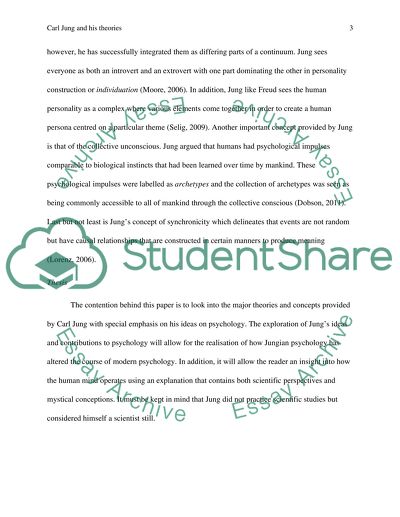Cite this document
(“Carl Jung and his theories with annotated bibliography Research Proposal”, n.d.)
Retrieved from https://studentshare.org/psychology/1471295-carl-jung-and-his-theories-with-annotated
Retrieved from https://studentshare.org/psychology/1471295-carl-jung-and-his-theories-with-annotated
(Carl Jung and His Theories With Annotated Bibliography Research Proposal)
https://studentshare.org/psychology/1471295-carl-jung-and-his-theories-with-annotated.
https://studentshare.org/psychology/1471295-carl-jung-and-his-theories-with-annotated.
“Carl Jung and His Theories With Annotated Bibliography Research Proposal”, n.d. https://studentshare.org/psychology/1471295-carl-jung-and-his-theories-with-annotated.


